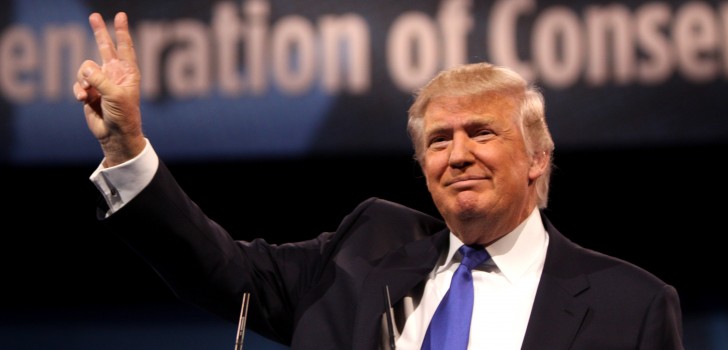Access to free high speed wi-fi comes with the price of the user having the data on their laptop, smartphone or tablet “mined” by the provider, according to experts attending the international Smart Cities conference in London.
Spanish delegate and former cyber security researcher with Microsoft Research Carmela Troncoso says, “Thanks to Big Data, it is now next to impossible to reside anonymously in a modern city. Data anonymization is almost impossible without using advanced cryptography. Our every transaction leaves a digital marker that can be mined by anyone with the right tools or enough determination.”
Even at the conference, there are only two types of exhibitors – those selling sensors and those offering data analysis solutions. “It’s a worrying snapshot of the sector’s current disregard of individual data liberties in exchange for further digitisation,” she says.
Dr. Gemma Galdon Clavell, founder of Barcelona based cyber consulting firm Éticas, backs up Troncoso’s observation. She says it is an ” unsettling observation” that out of all the exhibitor booths at the conference, none dealt with security and only one with data privacy.
She says data analytics giants are “pressuring citizens” to expose their data through gatekeeping tactics used to access free wi-fi.
Digital Catapult, a UK based digital innovator startup, released survey findings to conference delegates that shows 76 percent of British people feel they have “no control over how data is shared or who it is shared with.”
The report says, “This is a figure that deserves some serious attention in the Smart Cities sphere, as we move in leaps and bounds towards total liberation of our personal data, and hand over the keys (knowingly or otherwise) to the analytical nerve centres of corporations plugging these products.”
Attendees at the conference session entitled “Privacy in the Smart City”, were told of IBM’s proposed “smart” telephone booths initiative in New York City where free wi-fi with speeds 20 times faster than that offered to private consumers by internet providers will be available. The booths will be funded through hyper-local targeted advertising pulled from the data of its users, which they “agree” to when opting in to use the free wi-fi.
Stay Connected